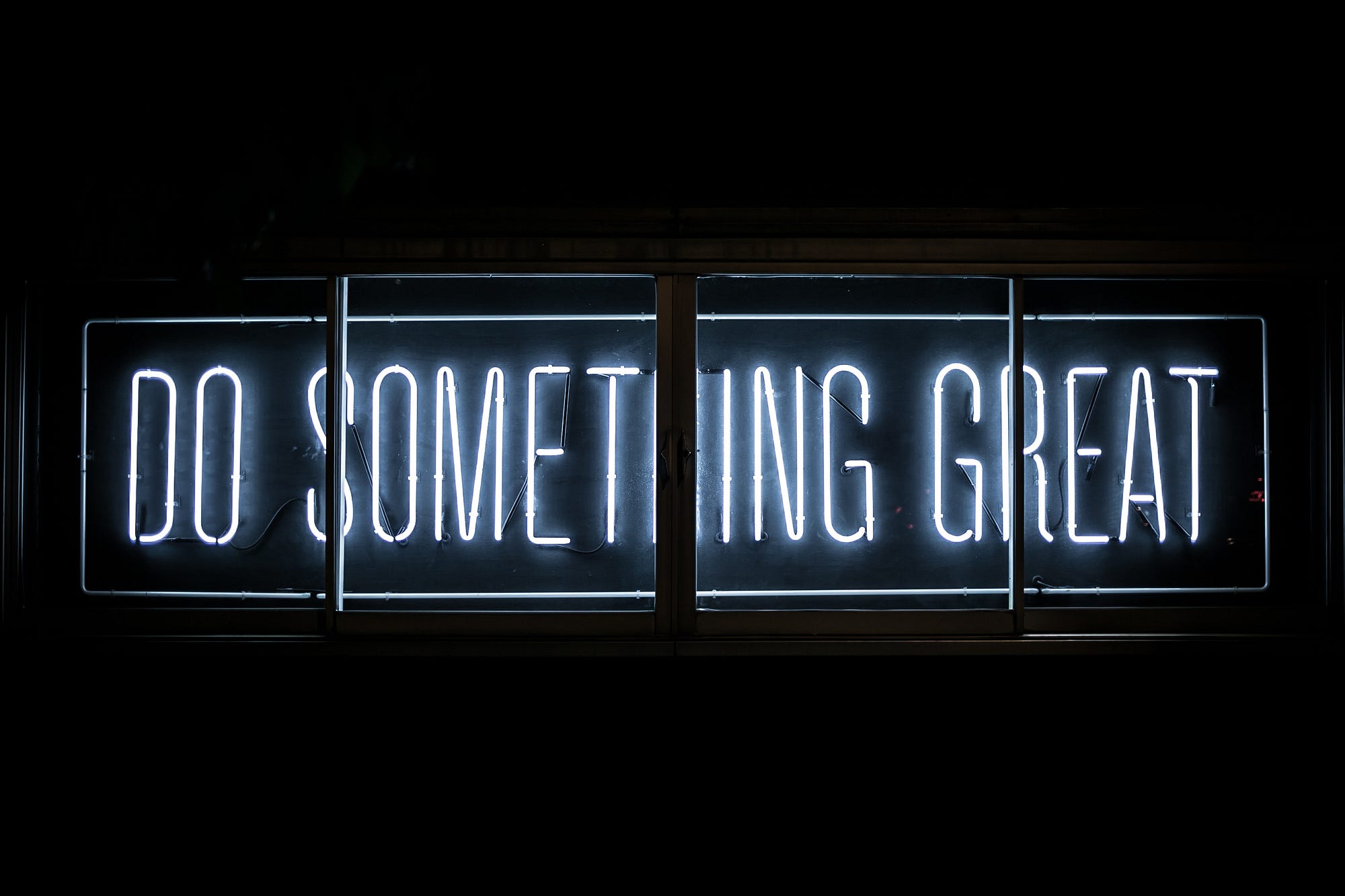Tips to Discover Your Genius
Genetic potential alone does not predict extraordinary accomplishment.
Einstein once said Genius is 1% talent and 99% hard work.
He also said, “Everybody is a genius. But if you judge a fish by its ability to climb a tree, it will live its whole life believing that it is stupid.”
Intelligence is not final.
“The fact is, intelligence can be increased–and quite dramatically,” writes behavior-analytic psychologist Bryan Roche of the National University of Ireland in Psychology Today.
Finding your genius is easy: choose your craft, do the work, find ways to improve, show up again tomorrow. Repeat for five years. Or ten. Or twenty.
David Shenk, author of The Genius in All of Us, says anyone has the potential for genius or, at the very least, greatness. The key is to let go of the myth that giftedness is innate. If you want to be a genuis, it’s not only possible; it’s within reach but it will cost you.
Shenk explains: “You have to want it, want it so bad you will never give up, so bad that you are ready to sacrifice time, money, sleep, friendships, even your reputation,” he writes. “You will have to adopt a particular lifestyle of ambition, not just for a few weeks or months but for years and years and years. You have to want it so bad that you are not only ready to fail, but you actually want to experience failure: revel in it, learn from it.”
Your genius is multiple deliberate practices away. “It’s not that I’m so smart,” says Einstein. “It’s just that I stay with problems longer.”
Einstein’s simple statement is a clarion call for all who seek greatness. In the end, persistence is the difference between mediocrity and incredible achievement.
Genius is the courage to let go. To embrace your authentic self. It’s the permission you give yourself to be purely you.
It’s the confidence to share your true self in your work, art, or life. It’s something that is discovered, honed, and improved through real work.
In “Beyond Talent”, John C. Maxwell asserts that a person’s natural abilities are overrated and frequently misunderstood. While talent is an undeniable advantage, it accomplishes nothing by itself.
If talent is not paired with the right mindset and decisions, it wastes away and eventually evaporates. Everyone has an area of giftedness — something they do exceptionally well.
Thomas Edison invented the phonograph and the first commercially viable light bulb, but those were just two of the thousand-plus U.S. patents he was awarded.
Genius arrives when you show up enough times to get the average ideas out of the way. Chuck Close once said, “Inspiration is for amateurs. The rest of us just show up and get to work.”
Psychologist Dean Keith Simonton, an expert on genius, maintains that the arc of a career depends on two things: your chosen discipline, and how soon you master it.
Picasso worked for decades to master his craft. So did Leonardo da Vinci. And Mozart and every other genuis you admire.
Hungarian photographer Brassaï once asked Picasso whether his ideas come to him “by chance or by design,” and Picasso responded: “I don’t have a clue. Ideas are simply starting points. I can rarely set them down as they come to my mind. As soon as I start to work, others well up in my pen. To know what you’re going to draw, you have to begin drawing… When I find myself facing a blank page, that’s always going through my head. What I capture in spite of myself interests me more than my own ideas.”
Leonardo’s pathway to genius began with an apprenticeship with master artist Andrea del Verrocchio in Florence when he was a teenager.
Obstacles cannot crush me,” he once wrote. “He who is fixed to a star does not change his mind,” says Leonardo.
With help from his father, Michelangelo also landed an apprenticeship with Domenico Ghirlandaio, a Florentine painter. The teacher soon sent his gifted student to work in Lorenzo de’ Medici’s sculpture garden.
That break immersed Michelangelo in some of the world’s greatest art.
Some minds are so exceptional they change the world. But not without deliberate consistent work.
“The number one predictor of impact is productivity,” says Dean Keith Simonton, professor emeritus of psychology at UC Davis and a longtime scholar of genius.
Big hits emerge after many attempts.
It took Charles Darwin five years to collect data during his Beagle trip to come up with a vision of the evolutionary process. Yet it took him another 20 years collecting all necessary material, and opinions before mustering the courage to publish “On the origin of species”.
It’s time to give yourself permission to fully share your greatest contribution with the rest of us without hesitation. If you are not already doing this, this post is a personal reminder to you to embrace your genuis.
Gladwell is a believer in deliberate practice to hone your genius. “Practice isn’t the thing you do once you’re good,” he writes. “It’s the thing you do that makes you good.”
Uncommon achievement requires an uncommon level of grit and a massiveamount of faith even when you keep failing. You need a deeper connection to stay on the same path for years.
In short, genius develops over time.
It requires daily remolding of your neural connections.
Work hard, make it smart and be patient. Stay with problems longer, and you will find your breakthrough.www.lastdon.org

Comments
Post a Comment